Costs of atomic energy opt-out remain unclear
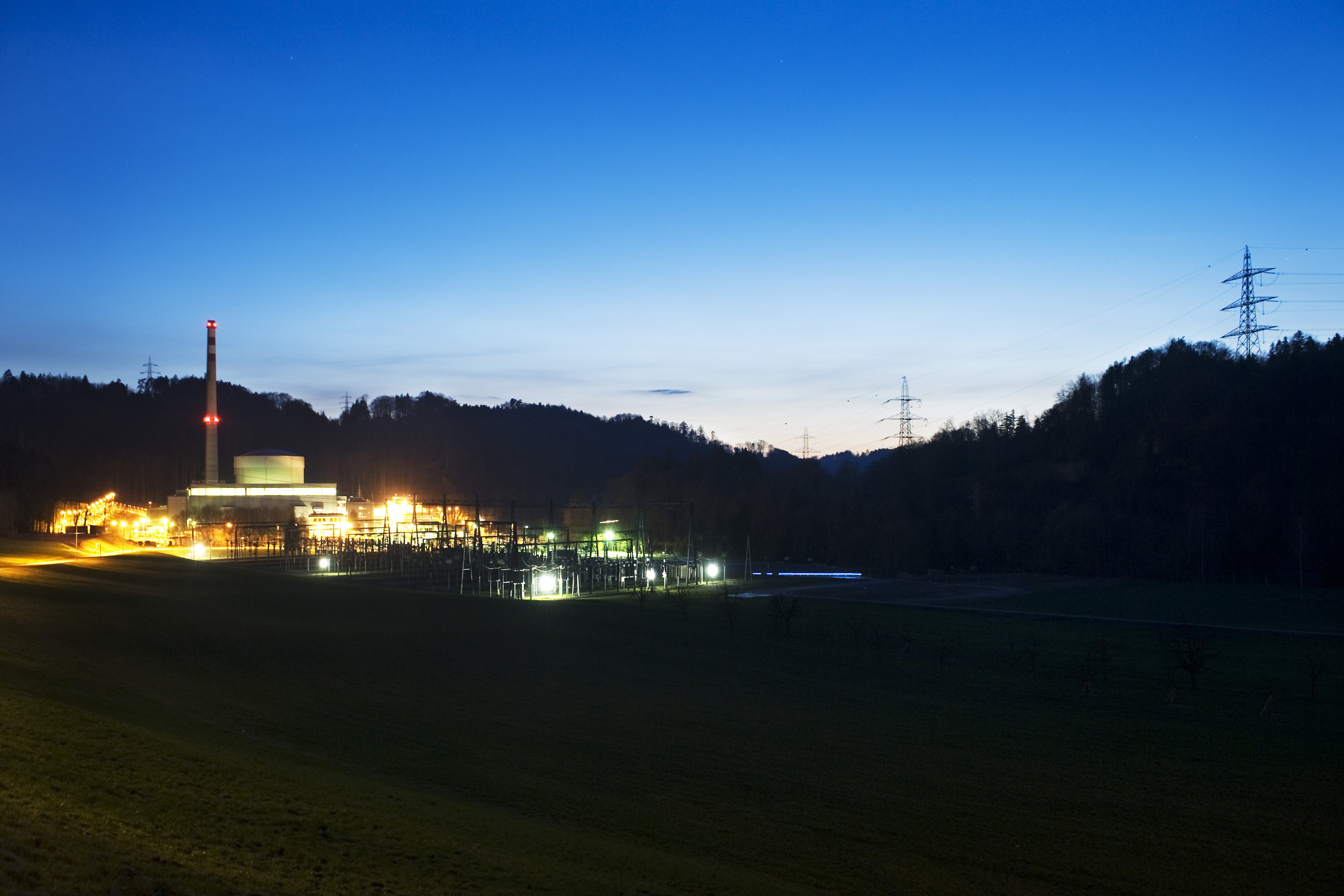
The government says that giving up nuclear power by 2034 in Switzerland will have a significant economic impact on the country.
The cost of electricity is expected to rise, but there should also be positive outcomes for business. However, energy policy experts say they cannot yet give the full economic picture.
Opting out of nuclear energy “will have its price” said Energy Minister Doris Leuthard in her announcement on May 25.
But how much this will be remains unclear. Representatives of business and industry are worried it will be too much. Others say the costs will be affordable.
“Initial estimates put the cost of restructuring our pool of power plants and the construction of new power production facilities, and for measures to reduce the demand for energy, at between 0.4 and 0.7 per cent of Gross Domestic Product,” the government said in its statement on the opt-out.
This means about SFr2.2 to SFr3.8 billion ($2.6 billion to $4.5 billion) a year.
Initial estimate
What was noteworthy, however, in the government statement was the use of the word “initial”.
In its recent report into energy strategy which was discussed by the government, the Federal Energy Office pointed out that, given the short time frame, it could not use detailed forecast models to evaluate the economic impact of the three options analysed. Those options were: the status quo, gradual phasing out of nuclear power, and a rapid phase-out.
It said future developments in renewable energies were difficult to evaluate, while issues surrounding the enlargement and upgrading of electricity networks (a factor in all three options) could only be analysed “approximately”.
“Basically the Energy Office experts first identified some technological scenarios based on renewable energy sources and on energy efficiency improvement which could be achieved to replace electricity production by nuclear power plants,” explained Massimo Filippini, professor of economics at the Federal Institute of Technology in Zurich (ETHZ) and Lugano University.
“For each scenario they produced an analysis of capital investment and calculated the total costs of production.
“To calculate the total cost, they adopted hypotheses concerning the amount of the initial capital investment, the probable trajectory of fuel prices, the cost of capital, the amount of capital investment necessary to improve efficiency, and so on.”
This initial, rather approximate calculation is due to be supplemented by an in-depth study in the near future.
SFr100 extra
According to the Energy Office, the price of a kilowatt hour (kWh) should start to increase markedly after 2025. “The rise should be in the range of three to 3.5 cents in 2050, which will bring the price of a kWh up to 17.8 cents, equivalent to an increase of 17-20 per cent over current rates,” it said.
The annual bill for an average household should increase by about SFr100.
The effect is more likely to be felt by businesses, which consume 60 per cent of the nation’s power – with the metal and paper industries likely to be the hardest hit.
Leuthard says the impact on the Swiss economy is still going to be relative, since – given the sweeping changes to come across Europe – electricity prices will rise throughout the continent.
“It should be said that the price tag currently attached to electric power produced by nuclear power plants is underestimated and does not include all costs,” said Filippini.
For example, public liability insurance cover held by plant owners for damage caused by a nuclear accident costs around SFr1 billion. Many consider this too low.
In case of a major accident the bill would be far higher and the government would be forced to intervene with public money.
Positive effects
But there should be positive economic effects as well.
“Efficient processes, technologies and products can become major assets in the creation of added value,” said the government in its statement, adding that small and medium-sized business would profit from the investments in renewable energies and energy efficiency.
At the moment no-one really knows just how much these effects will be worth.
Meanwhile, experts at the ETHZ are devising models to evaluate not just the static economic effects but also the dynamic ones from the new that are likely to accompany this major policy change.
“With a new energy policy – and basically this is the interesting aspect of May 25’s decision – there will be structural effects on the national economy, for example in terms of jobs and growth, which are not quantifiable as yet,” said Filippini.
Even if Switzerland’s energy policy were not to change direction, electricity consumption would continue to grow steadily until 2050 despite energy efficient appliances and measures, notes the Federal Energy Office.
This soaring consumption comes from demographic growth, ownership of more appliances and vehicles, and the introduction of new appliances. The need for electric power would likely increase from 59.8 billion kWh in 2010 to more than 90 billion kWh in 2050.
The new energy policy proposed by the government on May 25 proposes to reverse this trend, focusing on energy efficiency and the promotion of renewable energies. With this new strategy, demand is expected to increase slightly for a few more years, but then decline to 54.4 billion kWh by 2050.
(Translated from Italian by Terence MacNamee)

In compliance with the JTI standards
More: SWI swissinfo.ch certified by the Journalism Trust Initiative

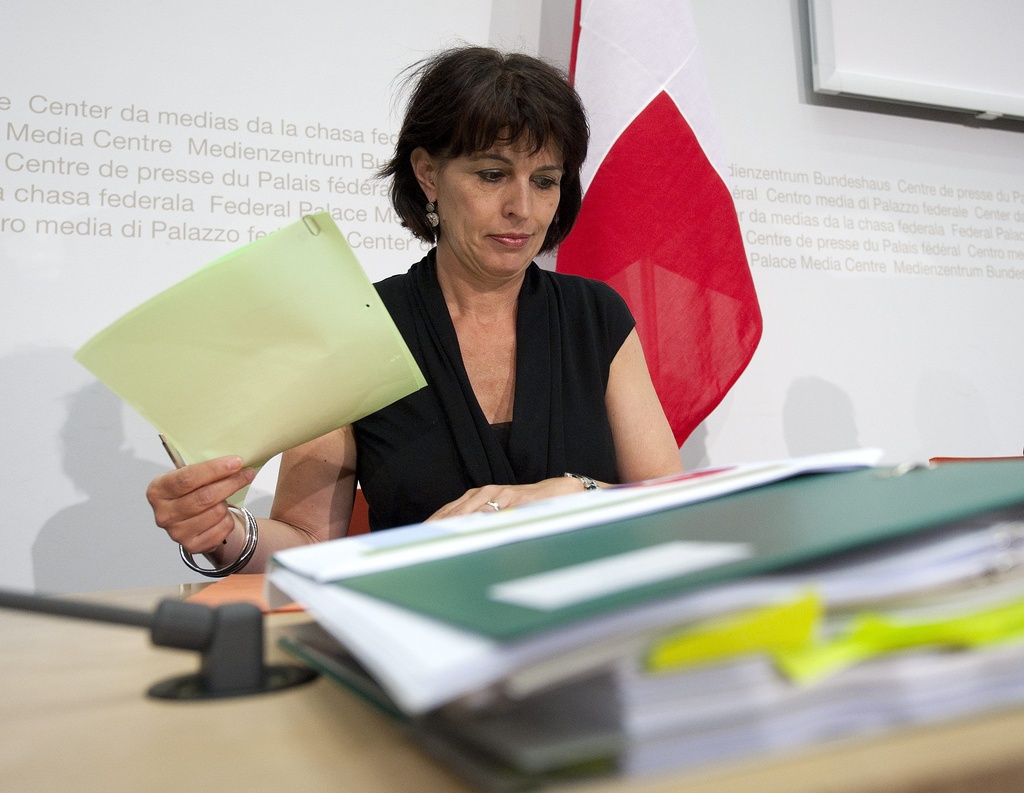
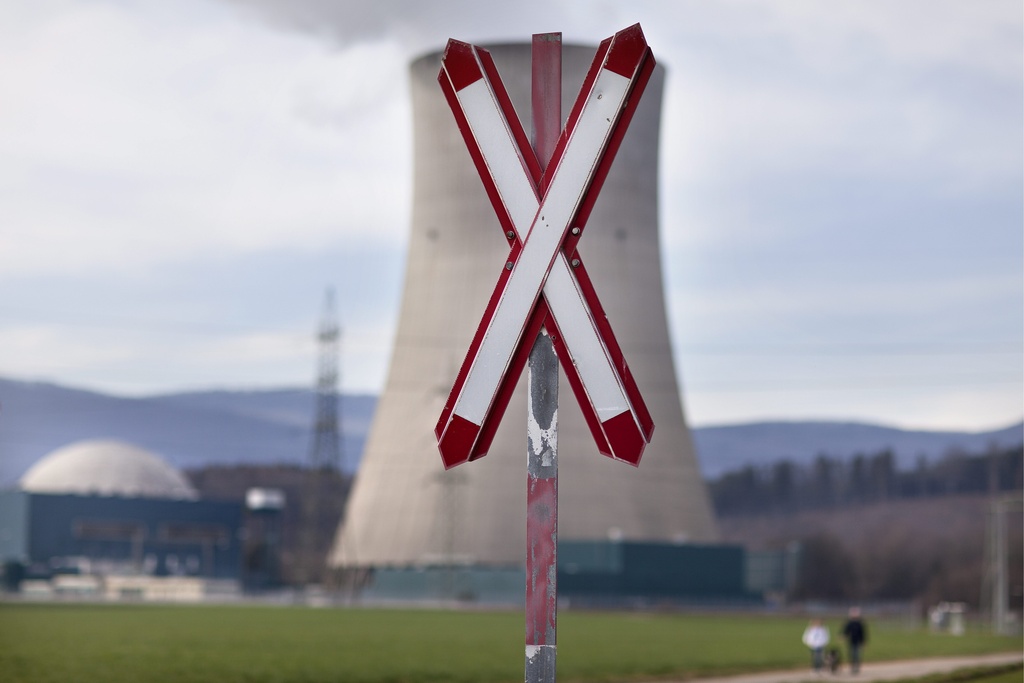
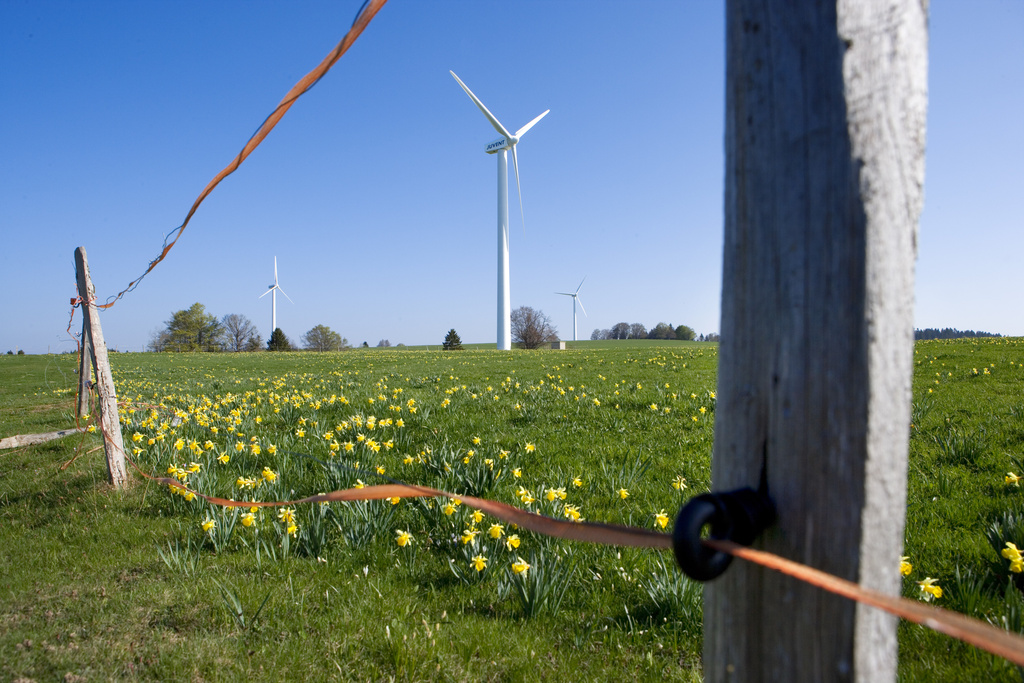
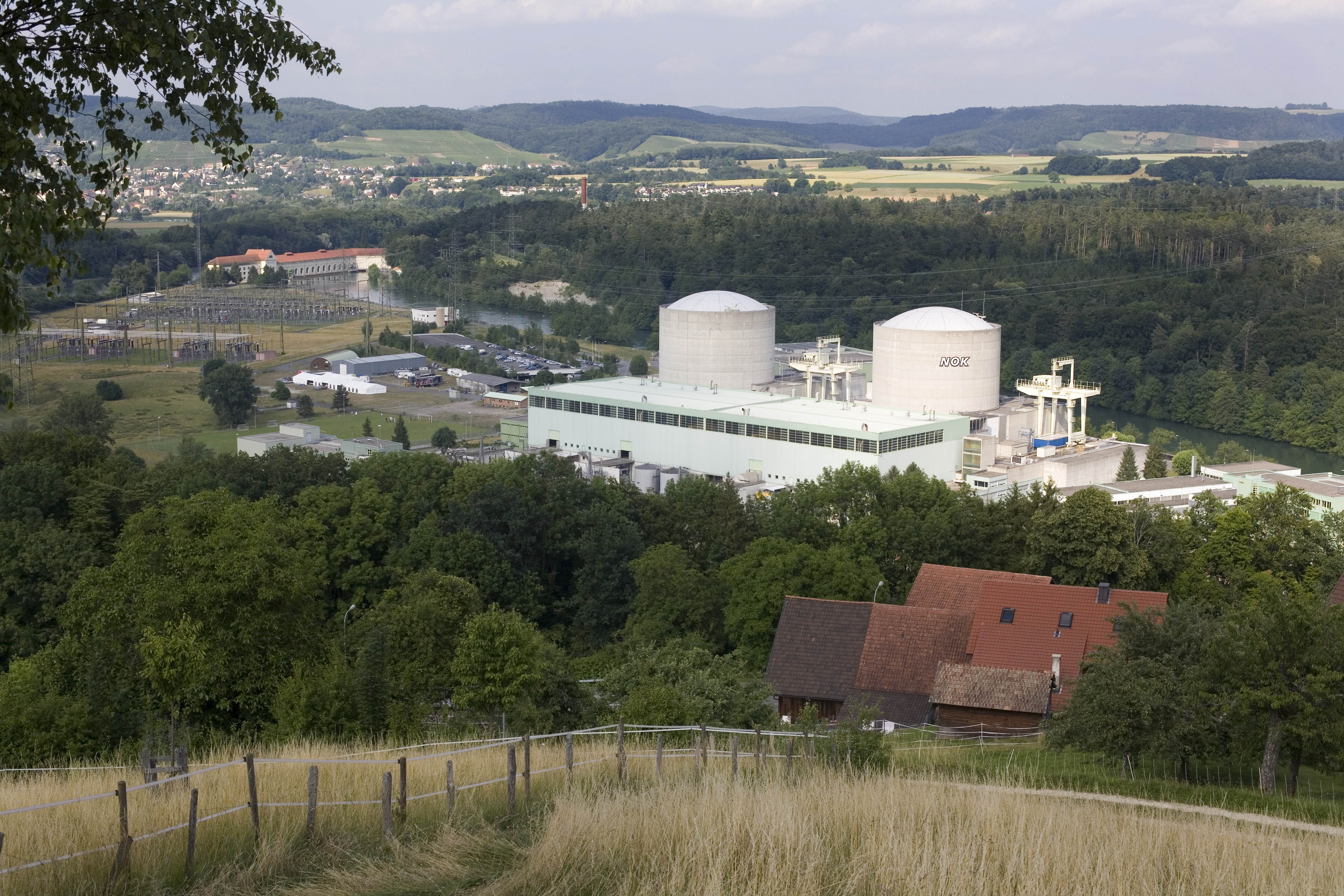
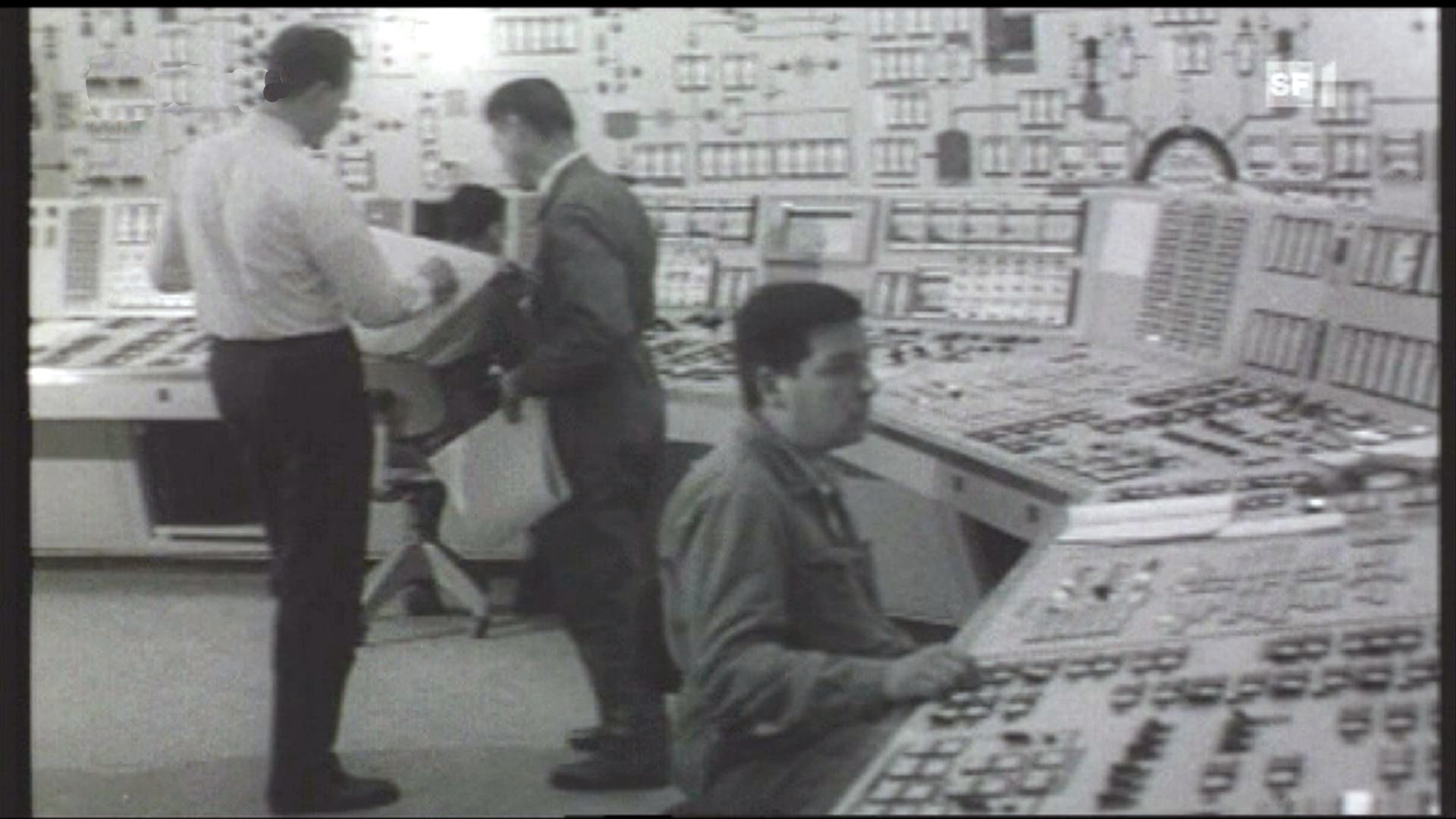
You can find an overview of ongoing debates with our journalists here. Please join us!
If you want to start a conversation about a topic raised in this article or want to report factual errors, email us at english@swissinfo.ch.